“The world of the imagination is absolutely essential to have a sense of hope for a world that we haven’t yet experienced.”
Jude Kelly is the CEO and Founder of The WOW Foundation. She was the Artistic Director of the Southbank Centre for 12 years before she founded the Women of the World Foundation and Festival in 2010 to celebrate the achievements of women and girls and confront global gender injustice through the arts.
The New Feminist was fortunate enough to speak to Jude on International Women’s Day and the week of the London WOW festival. She spoke to us on being a new feminist herself at age nineteen, how her love of theatre helped guide her journey deeper into the feminist movement and how it eventually led her to founding WOW, a festival that has now grown into a global phenomenon, taking place across six continents and featuring some of the world’s most inspiring female activists, writers and performers.
Listening to Jude speak on the ongoing fight for gender equality and the power of the arts for imagining a different world is enough to light a fire within us all to do more, dream bigger and never stop fighting.
Q: What was your experience of being a new feminist and being at the beginning of your feminist journey?
A: “I think I was a feminist before I had the word for it. Which is one of the reasons I’m so keen for women and non-binary people to be able to acquire the language that allows them to express what it is that they are thinking about or experiencing.”
“As one of four daughters, and no brothers, my mum and dad were really keen on women’s equality, so we used to talk about it even when I was a little girl. So for some reason, in my head, I sort of thought I already had it, because I had people around me saying that I ought to have it.”
“It wasn’t until I was 14 that I first experienced that women didn’t have equality. When I first joined school it wasn’t co-ed, but eventually we merged with the boys school and I witnessed the women who had been teaching us disappear or became deputies to the new male teachers. Our headmistress resigned and was replaced by a man. It immediately said to me, ‘Now that you’re with boys, boys are more important than girls.’ And I began thinking, well, that’s not fair. That’s not right.”
“Going to university to be a director, I was met with male lecturers who didn’t take me seriously. They didn’t believe that girls and women could become an authority figure in theatre. We were fine to to be an actress or seamstress perhaps, but not to be an authority figure.”
“It was also at university that I first read Germaine Greer’s The Female Eunuch. Germaine Greer has complex attitudes to some things, but what was very, very clear, was her explanation that this is not equality, and that this is patriarchy. It was then that I gained the language of feminism and began calling myself a feminist.”
“I ran a women’s only theatre group when I was 20. So, I was already in the area of communicating to people injustice, through theatre, around gender. And then I became a director when I was 22 and I started to run my own companies. From then on, I was always looking at how gender fitted in to other narratives of injustice.”
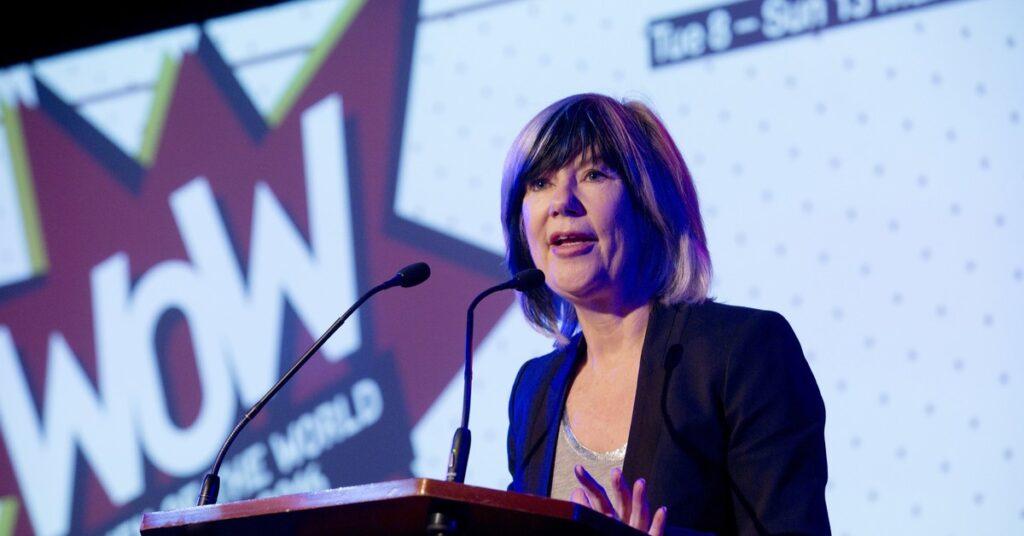
Q: How did starting WOW change your understanding of feminism?
A: “It gave me a much better understanding of the deeply embedded nature of patriarchal systems. Systemic injustice is hardwired into our systems, and we are all groomed to reinforce it ourselves. We police ourselves, we police other people, and so much of our learned behaviour contradicts our feminist philosophies. We can have a philosophy, but our learned behaviour, as a daughter or a partner, or whatever, can still be quite subservient and submissive. You can still be in a situation of endlessly negotiating your emotional landscape at a domestic level, whilst saying we should be all be equal, but not always being able to maintain it yourself. So, I understand a great deal more now than I did before starting WOW, the idealism of feminism, and the number of barriers there are, as well as a much greater understanding of intersectional injustice.”
Q: Do you think that theatre is a good entry way into feminism?
A: “Yes. And no. Theatre is a good entrance into having curiosity about how the world is and what the world could be like. Theatre has a history of pointing out injustice, hypocrisy, all kinds of things. But where its deficient, like all other industries, is that it’s an industry brought up with the attitudes of embedded patriarchy, embedded white entitlement and embedded ableism, etc.”
“Women look at the history of theatre and the further they go back the harder it is to find women like themselves. There were women playwrights, obviously, all the way back to Ancient Greek times, but history has not legitimised them. And so I think a lot of women going into theatre, maybe less so in the last 15 years, are caught between wanting to please the industry and keep a job and what they feel themselves about injustice. So I think one shouldn’t be beguiled into thinking that the arts is a more thoughtful, sophisticated and layered world, as an industry than many others, because it isn’t. “
Q: But it can be useful if given the right platform?
A: “Absolutely. The world of the imagination is absolutely essential to have a sense of hope and stamina for a world that we haven’t yet experienced. What the arts can do is say, ‘have you thought of the world looking like this?’ or, ‘have you noticed that the world looks like this?’ What the imagination can produce is really brilliant, and we need it. And we need to be inspired to keep going.The arts is a wonderful subvert. Which is why often it’s banned, of course. In places that desire to have ultimate authority, theatre is always one of the things that gets banned first.”
Q: Is there was a particular piece of theatre or opera that you think tackles gender issues particularly well and has stayed with you for a long time?
A: “There are there are quite a lot of pieces which demonstrate really well how women can be trapped. Shakespeare’s The Winter’s Tale is all about male jealousy, the cruelty that happens to women, domestic violence and punishment, and about fathers attitudes to their children. A number of Shakespeare’s plays are brilliant at demonstrating the traps that patriarchy sets for women and the limited choices that women have within those traps. But what they don’t do is suggest that the system could be different. They don’t show a route forward. And I think that’s why a lot of women playwrights began to think, ‘are we being sufficiently defiant?’, ‘are we being rebellious enough within ourselves?’ Pity isn’t enough. You have to have anger too. But, you also have to have a road map out. When I was a young theatre maker, there were a lot of companies like Monsters Regiment who were deliberately putting on plays that confronted those issues, and asked us as an audience, ‘what were we going to do about it’?”
“There’s also quite a lot of plays, like The Glasgow Girls that celebrate girls culture and girls humour. And portraying working class girls as well, not just middle class women who meet some kind of perceived intellectual criteria.”
“I’m enjoying the fact that nowadays, there’s a lot of really interesting pieces of work on stage and on television and film, that are bringing women’s emotional intelligence to bear. But not just so that we can stand and support them, but so that we can take over and lead.”
Q: What led you to starting the WOW festival?
A: “As a director, my bread and butter is stories. And I’ve always been absolutely committed to finding stories, making them into plays, seeking out stories and telling them in whatever way felt contemporary and relevant.”
“Prior to starting WOW I was the director of the Southbank Centre, which was a wonderful job. I loved it. I was in charge of this huge Art centre, which for a woman was a big deal. It’s not something in history that has happened before. I was the first female artistic director of that scale of organisation and I was able to do a lot of things to improve access, not just for women, but access generally to the to Arts.”
“But, it was still undeniably true that pretty much the entire repertoire of work put on the stage was created by men, which meant that women’s legitimacy in the creative field was always up for question. Combined with the fact that I was meeting a lot of younger women who didn’t call themselves feminists. And there was quite a kind of hostile, aggressive idea that somehow it wasn’t cool to be a feminist.”
“I just thought we’re letting girls and women down by not celebrating women and feminism. So that’s why I started WOW. It was the 100th anniversary of International Women’s Day and I thought I’ll do a festival that celebrates everything about girls and women and non binary people from the fact that they’ve been astronauts, colonels in the army, the whole lot, and say, look at all the things that have been achieved, despite being told you’re not equal. And then look at all the things that are still obstacles.”
“I never thought that twelve years on we’d still be going or that we’d be all over the world. I didn’t set out with that plan. I just wanted to have a burst of celebration for everyone and then it was so exciting and so popular straightaway, that led me to think, well, I’ll keep doing it. Then eventually, it grew so big, that I realised that I wanted to commit my time, all my time, to carrying on building it around the world.”
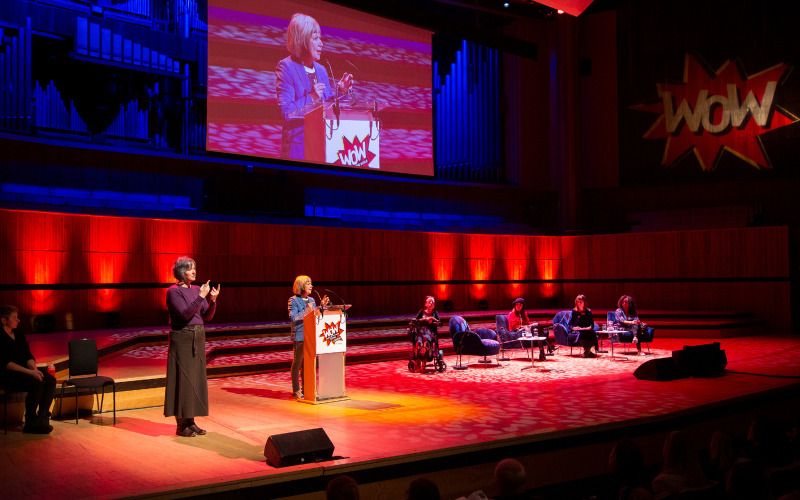
Q: Four years after you founded WOW, you decided to found the Being a Man festival. As somebody who’s devoted much of their career to highlighting the voices and stories told by women, what made you decide that you wanted to focus on masculinity?
A: “Well, you know, first of all, there can be no such thing as an equal world unless everybody has evolved to feeling that’s the world they want to buy into. And, therefore, it requires us all to understand how a number of systems have positioned men and women and how people act within those positions. So many men have supported women in their journey to be equal, and women always have men in their life that they love, whether that be baby brothers, nephews, sons, grandsons, dads, uncles. But, misogyny is a real problem. So, women are often caught in this emotional trap of being the emotional supporter of men, of finding men delightful, but also feeling oppressed by men.”
“So, I felt that we needed to engage in conversations where men themselves discussed masculinity in many ways, and men themselves thought about equality. Men’s equality is often characterised as a loss of power. I think that’s too simplistic. It’s a change in power. For some, of course, it would be experienced as a loss of direct power. But I think that if men are interested in a different world in the future, they have to examine their own relationship to power and think about how they want it to be different. And that’s something which men need to do for themselves, really. I wanted to construct a similar sort of space to WOW, where men had permission to explore and examine and find language. This is the key thing, find language, find methodologies of thinking, that weren’t really readily available.”
Q: Is there a particular event at this year’s festival that you’re particularly excited about?
A: “I’ve interviewed Angela Davis, three times at WOW. This year, I’m not interviewing her myself, I’m going to sit in the audience and watch. She’s a great person. I think that she has brought to all women and men, such clarity about interracial and intersectional injustice, and she’s so lovely and funny. So, I would say I’m really looking forward to that.”
“I would also have to say Bridget Christie. She has worked her way up from the the tiniest venues as a comedian to become more and more famous. I really admire women who take comedy as their as their route to confront important issues. So brilliant.”
“We’ve also got the Muslim girls fencing display, which will be absolutely beautiful.”
Q: I think a lot of our readers will look at your career and it will be very aspirational to them. What would your advice be to those people who are looking to make their mark, and to carve out a space for themselves in whatever industry it is they want?
A: “Many times in my life, I’ve experienced that moment where I’ve thought, ‘if I say this, I’ll be probably be more pleasing to somebody’ or, ‘if I try to suggest I want to do this, which is what they want me to do, I might get that job’. And it’s never a good idea. It’s always been a mistake. But my advice, which is very glib, in a way, is that you have to find the courage to do what you know you want to do. And it does take courage, because if you want to make a mark, you’ll sometimes be making the first mark on a clean piece of paper or the first footstep in a fresh pile of snow. And that feels dangerous and scary.”
“Have the courage to believe in yourself, and to surround yourself with people who believe you. I often think if this was my child, I’d fight so hard for her to have the voice she needs. So try to adopt the same principle to yourself because nobody else will.”

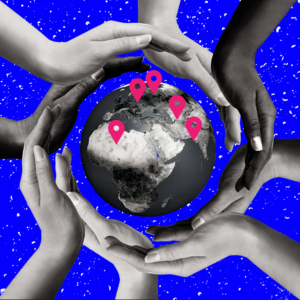
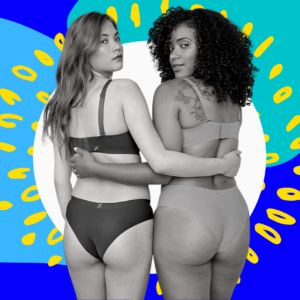
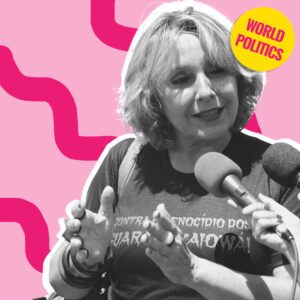











Germaine Greer’s Female Eunuch book is still highly relevant today